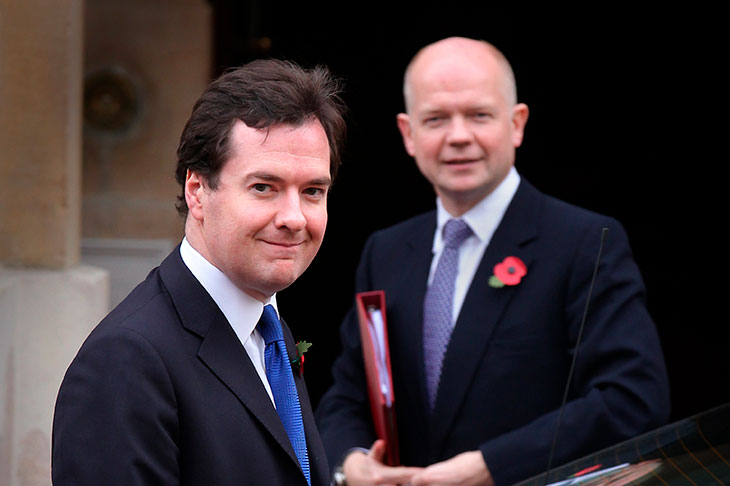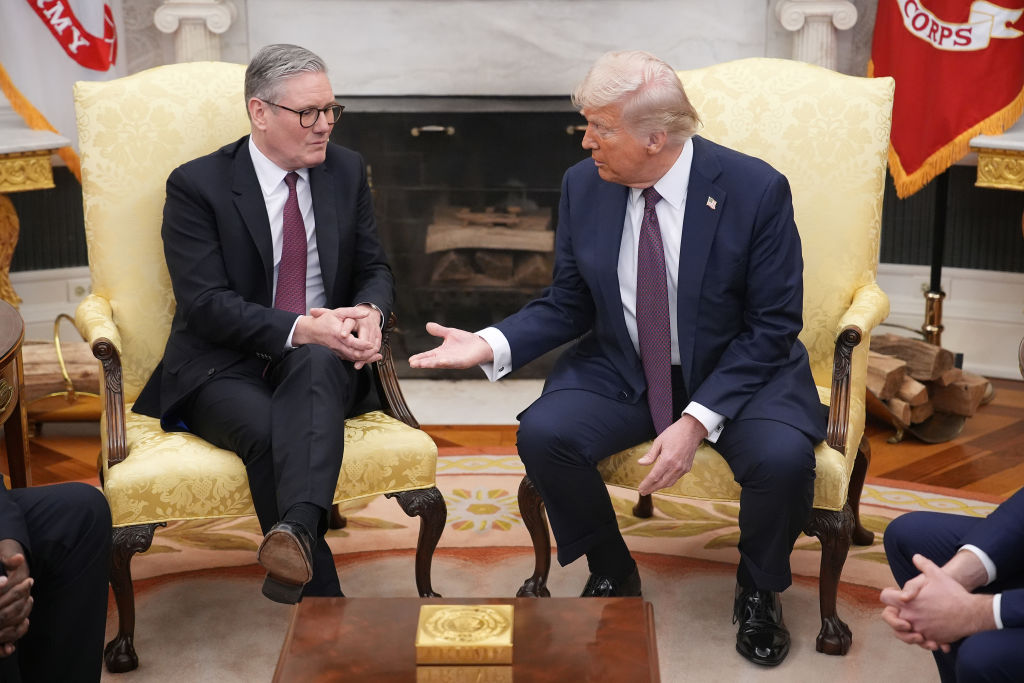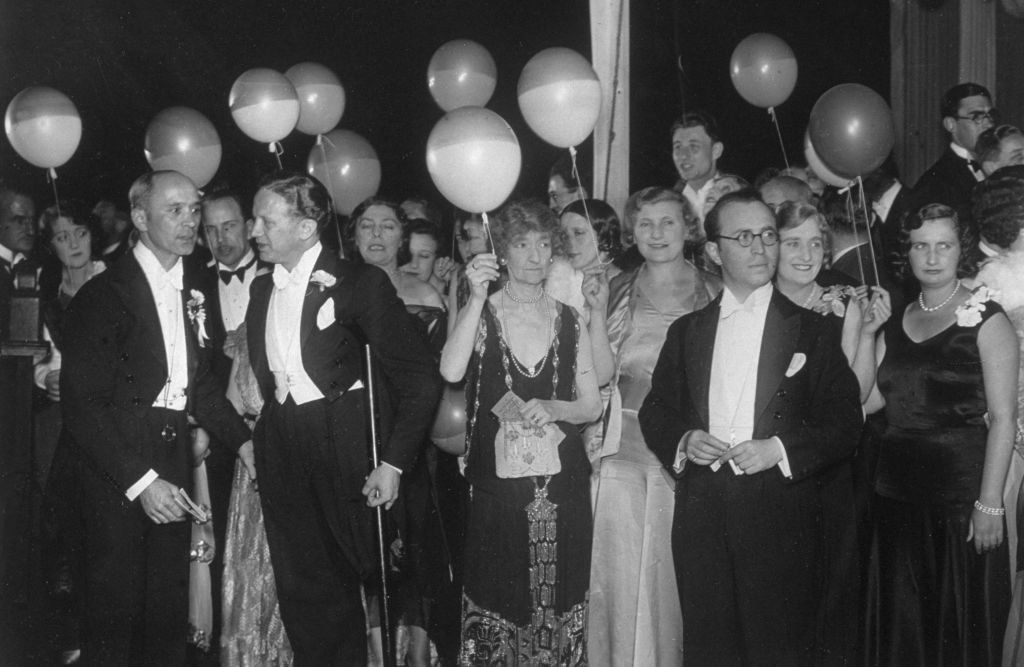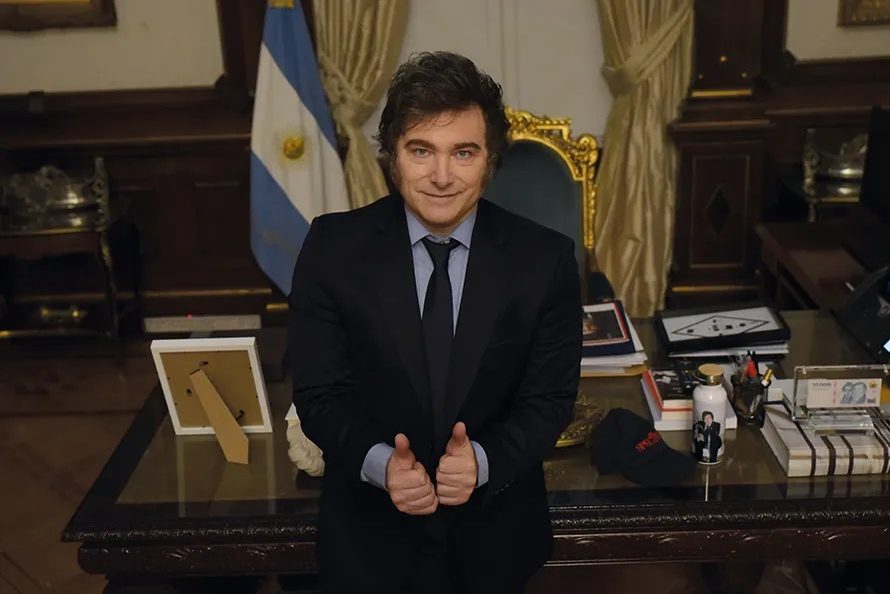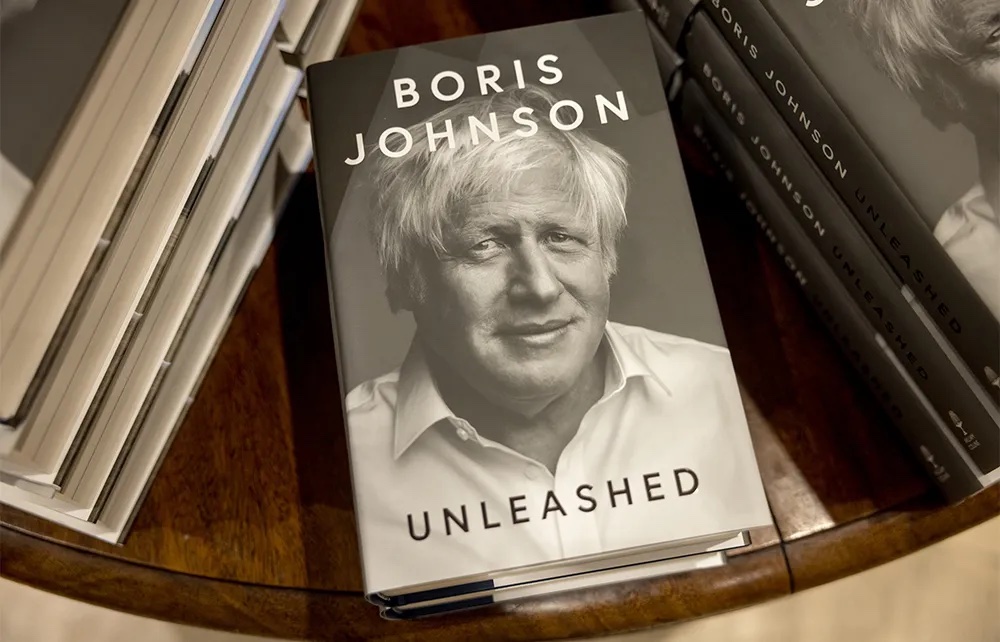I could be that rare thing: a former chancellor who is still a member of the Conservative party. Philip Hammond has lost the whip and will be expelled if he stands for election again. Ditto Ken Clarke. How times change. I remember a time when we were desperate to get Ken into the tent, not kick him out. Back in 2008, we wanted him to join our shadow cabinet. Tory wars had consigned us to opposition and we needed to end them. The negotiations were conducted in secret in case he said ‘no’, so we agreed to meet at my house rather than Westminster. It was all very cloak and dagger, or supposed to be. But then Ken didn’t show up. After a while, I went out on the street to look for him. There I found the ex-chancellor standing in his Hush Puppies in busy Notting Hill struggling to pay for his parking by mobile phone. I paid instead, hurried him inside and he joined the team. Eleven years later and Ken is one of the 21 Conservative Members of Parliament who have been fired. Apparently they got messages on their mobile phones: your parking on the Tory benches has expired. Obviously the expulsions can’t stand. The Tory party stands no chance in an election if it’s running against itself.
William Hague could have been another ex-chancellor. I offered to swap jobs with him in 2014, when he was stepping down as foreign secretary. If he’d said yes we could have had a Hague government after the referendum two years later. It’s one of the ‘revelations’ in David Cameron’s memoirs, For the Record, that are published next week. Don’t worry, there are more juicy ones than that. I’m sure the nutters from all sides will pile in. But I suspect reading the chronicle of moderate, reforming government will make readers nostalgic. Perhaps one day people will want their prime ministers to be girly swots again.
A big perk of editing the London Evening Standard is that you see a lot of new plays. Last week I went to Hansard at the National Theatre. It’s set in the 1980s and has a Tory MP and his wife rowing about Section 28, the unpleasant rule that the Thatcher government introduced to stop teachers ‘promoting’ homosexuality. I couldn’t help feeling that the whole thing was fighting a war that has already been won. After all it was a Conservative prime minister who ended up legalizing gay marriage. Sure, there were battles along the way. I remember when Iain Duncan Smith tried to impose a three-line whip against allowing gay adoption. One shadow cabinet minister resigned. John Bercow. And three new backbenchers rebelled. George Osborne. David Cameron. And Boris Johnson. We were told by the party chiefs that our careers were over — but at least back then they allowed us to keep the whip.
My children have the measure of our prime minister. A couple of years ago, my son and I went for a lovely Sunday lunch at his house in Oxfordshire — where he has a Kalashnikov mounted on the wall. Boris suggested we play a game. A tug of war, but with a difference. The rope is tied around your waist and the contest takes place across a swimming pool. If you lose you end up in the water, fully clothed. That’s Johnson for you: fun, inventive but ruthless. I suspect his brother Jo had one ducking too many.
Dilyn the Jack Russell has moved into Downing Street. Lola, our bichon frise, got there first. Her excitement when I got home at the end of a long day was a treat. The start of the days, however, weren’t so rewarding. The flats are at the top of the buildings. The garden is at the bottom. At 6 a.m. you could find me walking around it with Lola, waiting for her to do her business. Sometimes David would be watching amused from his kitchen window, no doubt making sure I picked up after her. I wonder who takes Dilyn down to the garden in the morning? Boris is good at creating a mess but perhaps not so good at cleaning it up.
On Monday I was at the Proms for Wagner night. It’s been a summer of his operas. Longborough’s excellent Rheingold. Then the Bayreuth festival, where I was stood up by my regular companion Michael Gove. My friend was wasting his time on another work of dramatic fiction, a no-deal Brexit. He missed seeing again Kosky’s extraordinary Meistersinger, which is staged not in a medieval town but at Nuremberg with Wagner on trial. Alone and with the morning free, I went to see the real Courtroom 600 in Nuremberg’s Palace of Justice. It’s not much to look at, but wonderful to see: the birthplace of much of today’s international law — countries working together to establish rules of common behavior. It’s a reminder of what we put at risk when we tear at the ties that bind us. The Proms ended with the final act of Götterdämmerung — when the rulers of the world, the gods, are destroyed by their misdeeds in the pursuit of power. That’s a reminder too: be careful what you wish for.
This article was originally published in The Spectator’s UK magazine. Subscribe to the US edition here.



